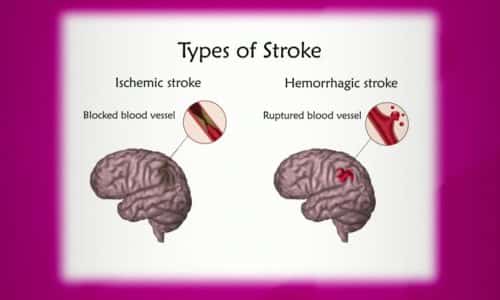Heart Health: Types of Cholesterol |
Total cholesterol is a measure that physicians use and it includes all types of cholesterol: LDL, HDL and Triglycerides. Dr. Ian del Conde, Cardiovascular Specialist with Miami Cardiac & Vascular Institute, describes each type and explains why there are “good” and “bad” cholesterol.
Transcript
So going back to cholesterol let’s talk a little bit about the different types of cholesterol that we have we have the HDL the LDL and the triglycerides can you tell us a little bit about each of those sure so let’s start with with total cholesterol total cholesterol is a very comprehensive measure that we use it includes every single type of cholesterol that we can measure and and it’s a useful number but that’s not the number that we’re going to be focusing on when we assess an individual patients risk the one we focus on is LDL LDL contributes to the total cholesterol but LDL is one that we’re really going to pay attention to because this is the one that accumulates in the arteries and causes atherosclerosis and heart attacks HDL is a a cholesterol that we used to think that if you had a high HDL it was a good thing therefore it was termed the good cholesterol in that we even thought that it could sort of counterbalance the negative effects of LDL that’s not so clear nowadays so if you’ve heard you know have a high LDL but my HDL is also high therefore I don’t need to worry that’s not the way we’re thinking nowadays it turns out that HDL is a is a complicated molecule and I’m not going to get into too many details here but more important than the level is the activity of HDL how active is HDL in removing cholesterol from the a thorough attic plaque and there’s no easy test for that so we’re not paying too much attention to high HDL levels as being protective and then the last one are the the triglycerides triglycerides are the form of fat that circulates in blood so after a fatty meal your blood will be full of triglycerides when you’re fasting you’ll have the lowest triglycerides and therefore that’s the reason we typically test patients in the fasting state and there are less they cause they contribute less tooth our score OSIS compared to LDL but if you have hiked triglycerides and a LDL veneers certainly an even higher risk of having quite as








